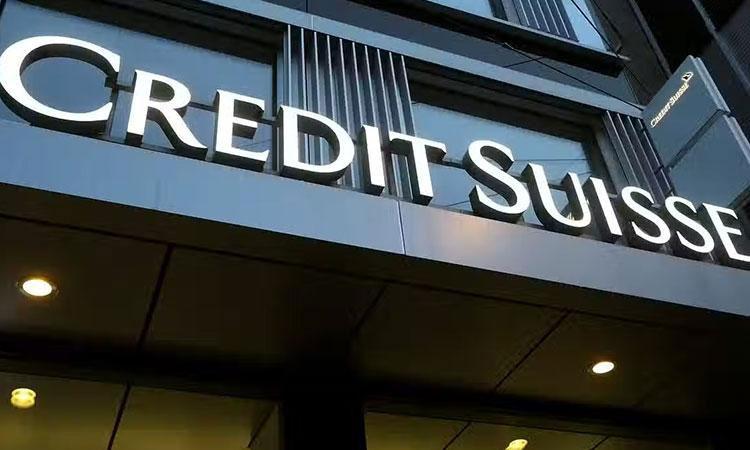Credit Suisse Group AG, the Swiss lender, has ceased accepting bonds of the Adani group of companies as collateral for margin loans to its private banking clients, Bloomberg reported.
The private banking arm of Credit Suisse has assigned a zero lending value for notes sold by Adani Ports and Special Economic Zone, Adani Green Energy, and Adani Electricity Mumbai Ltd. Previously, the bank offered a lending value of around 75% for Adani Ports notes.
However, other banks continue to lend against Adani debt. At least two European private banks have kept their lending value unchanged, with one of those banks offering lending between 75% to 80% for Adani Ports dollar bonds. A potential trigger for lowering the lending value could be a downgrade in the credit rating.
When a private bank reduces its lending value to zero, clients usually have to top up with cash or another form of collateral, and if they fail to do so, their securities can be liquidated.
However, a representative from Adani Group has stated that they have no relationship with Credit Suisse’s private bank, according to the Bloomberg report.
Adani, who lost the title of Asia’s richest man to Mukesh Ambani, saw his corporate empire thrown into chaos after Hindenburg Research alleged that the group used a network of companies in tax havens to inflate revenue and stock prices.
The bonds of the group plummeted to record lows following the allegations, but have since recuperated some of their losses after Adani Enterprises completed a $2.5 billion share sale with support from existing shareholders and institutional investors.
Credit Suisse, which is undergoing a strategic revamp of its investment bank, has warned that it faces losses of up to 1.5 billion Swiss francs ($1.6 billion) for the final quarter of 2022, partly due to historic outflows of client funds.
Also read | Credit Suisse fighting for its survival
Wealthy clients in Asia often leverage securities to make investments. Banks usually consider the price volatility and credit rating of a security when determining lending values. Private banks in late 2020 curtailed margin funding on bonds of China property developers when the sector was in turmoil. Similarly, after Russia invaded Ukraine and sanctions were imposed, some banks reduced the amount they would loan their private bank clients against Russian debt.
In its rebuttal of the Hindenburg Research allegations, Adani outlined its extensive domestic and international banking relationships, which included Credit Suisse. However, decisions at the private banking arm are between the firm and its clients and do not impact Credit Suisse’s other banking relationships with the Adani group of companies.


















